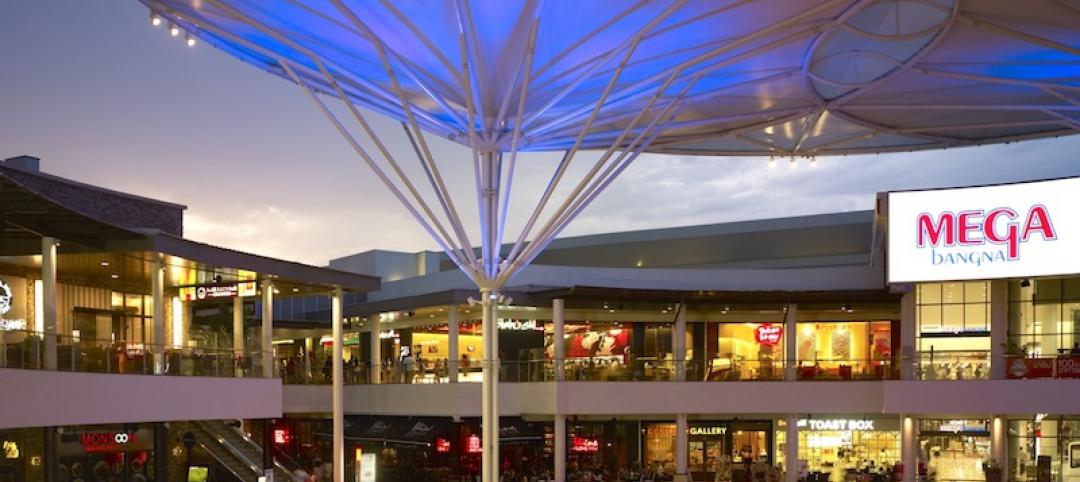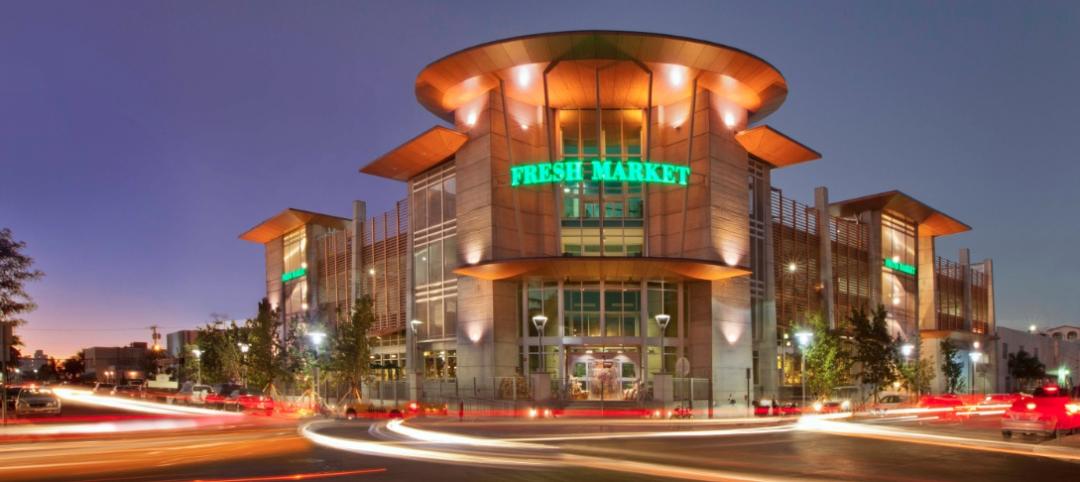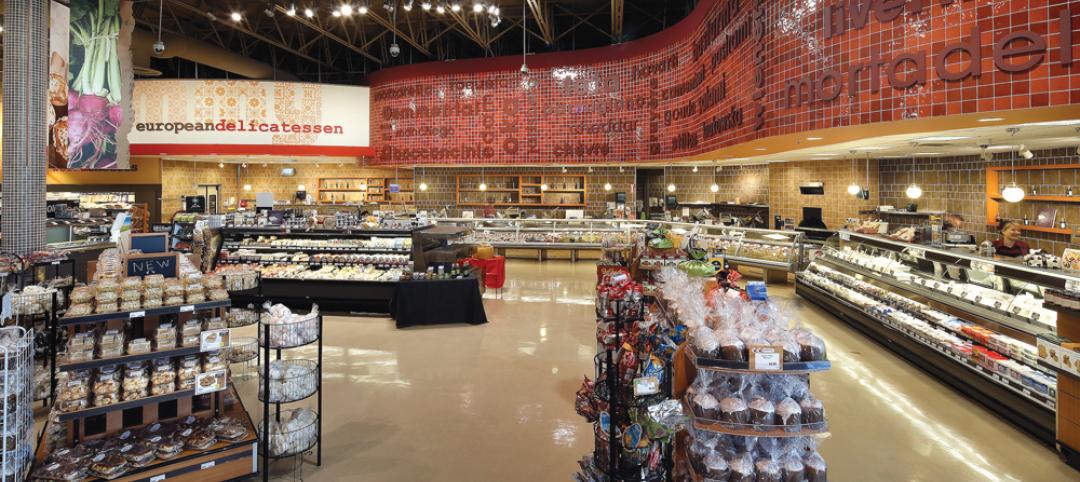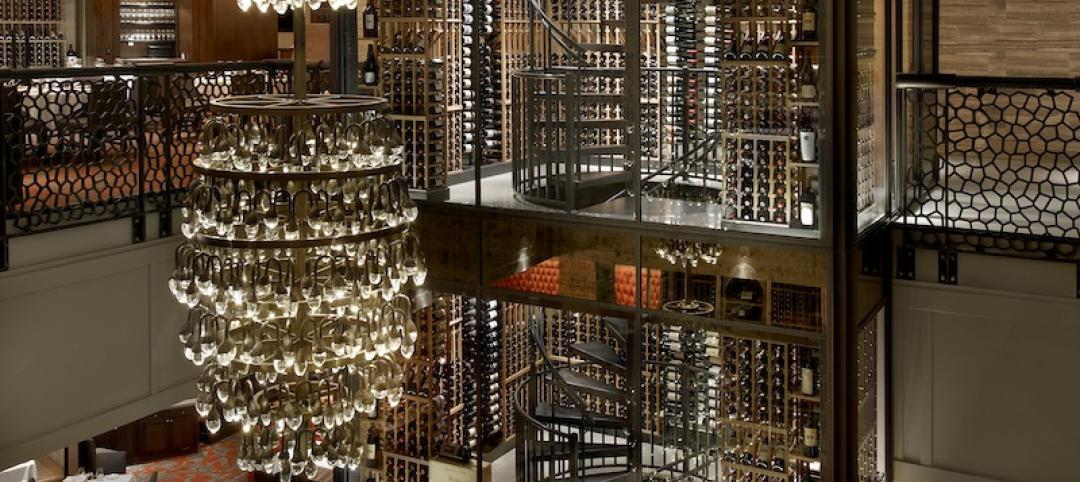Much has been written and talked about how Millennials are a different breed than either Gen Xers or Baby Boomers when it comes to their work habits and preferences. And many companies are probably wondering about how radically they might need to transform their workspaces to attract and keep Millennials who are projected to account for 45% of America’s adult population in 2025, up from 24% today.
But businesses shouldn’t panic about the prospects of having to design offices to accommodate several generations within their workforces. It turns out that there may actually be little difference among young and older employees in terms of how they work and what they place value on in office settings.
A recent survey of 5,500 U.S.-based professionals from a wide range of industries, conducted by CBRE and gleaned from 250 questions, found that a company’s culture is likely to be a “better predictor” of how workers spend their time at the workplace, as opposed to generational differences. CBRE illustrates that point with changes it has initiated at many of its 33 office sites.
Contrary to common perceptions of Millennial workers as socially minded technocrats with disdain for organizational hierarchies and protocols, the survey found that “Millennials are not shunning collaboration. Rather, they are reacting to environments that, by and large, give them limited space to collaborate and socialize, but practically no spaces (or conditions) in which they can focus.” The survey went on to state that Millennials, more than any other generation, enjoy working in all types of workspaces “and have a strong desire for flexibility and choice in the workplace.”
That doesn’t mean Millennials’ workplace mentality is in lockstep with older colleagues. For example, 31% of the Millennials surveyed place value on workplaces that promote socializing, versus 17% of Gen Xers who expressed that preference, and 10% of Baby Boomers. More Millennials than the other cohorts also place value on having office spaces for learning and training. And, surprisingly, more than half of Millennials—54%—prefer office environments with more formal meetings, compared to 34% of Gen Xers and 27% of Baby Boomers.

More Millennials than the other cohorts place value on having office spaces for learning and training. And, surprisingly, more than half of Millennials—54%—prefer office environments with more formal meetings, compared to 34% of Gen Xers and 27% of Baby Boomers.
“This illustrates the desire to have increased visibility into the organizational decision-making, and a more established and integrated seat at the table,” the survey conjectured.
(Equally surprising was the finding that 48% of baby boomers prefer offices where they can connect with colleagues and customers via Social Media, versus 39% of Gen Xers and 30% of Millennials.)
The “bottom line,” said the survey, is that businesses shouldn’t necessarily design their workplaces around Millennials alone. “Design a well-balanced office that can accommodate all generations of workers—one that provides a healthy mixture of independent focus workspaces, areas that provide greater collaboration opportunities (virtual and face-to-fact) and an environmental that promotes employee socialization.”
A focus on employees’ wellness
CBRE is also putting its money where its mouth is. Its Workplace Strategy Group is rolling out a program called Workplace360, which the Group’s senior managing director Lenny Beaudoin says is “reinventing the office.”
CBRE launched this initiative after it polled its employees and found that, on average, they spent 49% of their time in the office (compared to the national average of 58% for all workers), and 31% collaborating (compared to the national average of 51%). “We found there was a high demand for collaboration and the need for services from the office. Our [office] model didn’t fit this,” says Beaudoin.
So as its office leases expire and it moves into new spaces, CRBE is designing offices to be open and collaborative, with an emphasis on what Beaudoin calls “activity-based working” that’s supported by a network of flexible spaces. CBRE has executed Workplace360 in 22 offices, and will convert the remaining offices to this program as their leases roll up over the next three to four years.
CRBE is also partnering with New York-based Delos Living, which has created a wellness certification that focuses on improving occupant health. CBRE’s office in Los Angeles is its first to meet the criteria for that certification, which encompasses interior air quality, lighting, office hygiene, nutrition, fitness, and even employees’ motion.
Workplace360 and Delos’ wellness certification “are now our global template” for future office design, says Beaudoin.
Related Stories
| Aug 8, 2013
Top Science and Technology Sector Architecture Firms [2013 Giants 300 Report]
HDR, Perkins+Will, HOK top Building Design+Construction's 2013 ranking of the largest science and technology sector architecture and architecture/engineering firms in the U.S.
| Aug 8, 2013
Top Science and Technology Sector Construction Firms [2013 Giants 300 Report]
Skanska, DPR, Suffolk top Building Design+Construction's 2013 ranking of the largest science and technology sector contractors and construction management firms in the U.S.
| Aug 8, 2013
Level of Development: Will a new standard bring clarity to BIM model detail?
The newly released LOD Specification document allows Building Teams to understand exactly what’s in the BIM model they’re being handed.
| Aug 8, 2013
Vertegy spins off to form independent green consultancy
St. Louis-based Vertegy has announced the formation of Vertegy, LLC, transitioning into an independent company separate from the Alberici Enterprise. The new company was officially unveiled Aug. 1, 2013
| Aug 5, 2013
Top Retail Architecture Firms [2013 Giants 300 Report]
Callison, Stantec, Gensler top Building Design+Construction's 2013 ranking of the largest retail architecture and architecture/engineering firms in the United States.
| Aug 5, 2013
Top Retail Engineering Firms [2013 Giants 300 Report]
Jacobs, AECOM, Henderson Engineers top Building Design+Construction's 2013 ranking of the largest retail engineering and engineering/architecture firms in the United States.
| Aug 5, 2013
Retail market shows signs of life [2013 Giants 300 Report]
Retail rentals and occupancy are finally on the rise after a long stretch in the doldrums.
| Aug 5, 2013
Top Retail Construction Firms [2013 Giants 300 Report]
Shawmut, Whiting-Turner, PCL top Building Design+Construction's 2013 ranking of the largest retail contractor and construction management firms in the United States.
| Aug 2, 2013
Michael Baker Corp. agrees to be acquired by Integrated Mission Solutions
Michael Baker Corporation (“Baker”) (NYSE MKT:BKR) announced today that it has entered into a definitive merger agreement to be acquired by Integrated Mission Solutions, LLC (“IMS”), an affiliate of DC Capital Partners, LLC (“DC Capital”).
| Jul 31, 2013
Hotel, retail sectors bright spots of sluggish nonresidential construction market
A disappointing recovery of the U.S. economy is limiting need for new nonresidential building activity, said AIA Chief Economist, Kermit Baker in the AIA's semi-annual Consensus Construction Forecast, released today. As a result, AIA reduced its projections for 2013 spending to 2.3%.















